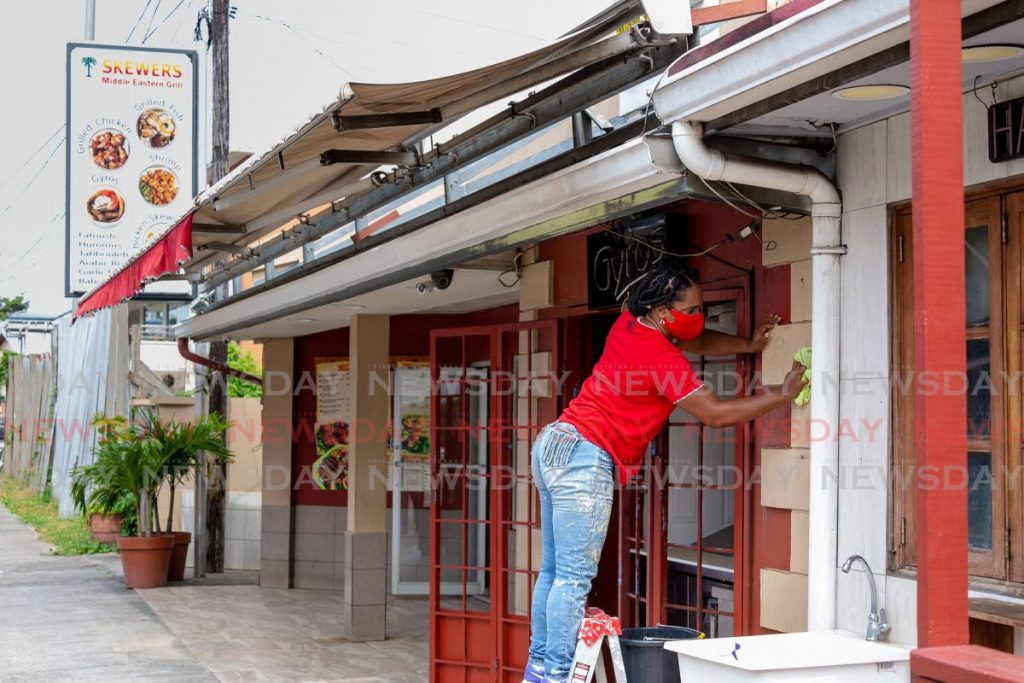A return to normality after covid19?

Professional accountants around the world have reported a buoyant return to economic stability in the second quarter of 2021 finds the latest edition of ACCA and IMA’s Global Economic Confidence Survey (GECS).
Over 1,100 global respondents, who are members of ACCA and IMA, report an upturn in key global activity indicators, such as orders – the proxy for real economic activity. The biggest gain came in North America, powered ahead by a massive US fiscal stimulus.
The two "fear" indices – measured by concerns that customers and suppliers may go out of business – both declined in this latest survey, confirming that the extreme uncertainty created by the covid19 crisis has fallen back towards more normal levels.
However, despite this optimism, stark warning signs remain due to wide regional variations in confidence, with large increases across North America and Europe, contrasting with significant falls in Asia Pacific and South Asia. As a result, ACCA and IMA ask governments and policy makers to ensure this divergence does not grow.
Michael Taylor, chief economist ACCA said: "These changes reflect the speed at which vaccinations are taking place in Europe while increased covid19 infections are happening again in Asia Pacific and South Asia. A key theme of this GECS is the divergence in economic prospects between advanced and emerging market economies. This needs to be tackled urgently."
Helen Brand, chief executive of ACCA, adds: ‘The world economy’s recovery to its pre-pandemic size has been driven by rapid growth in the US and China, the two biggest economies. There are many jurisdictions with plenty of ground to still make up. But the difference we see between advanced and emerging markets is glaring – and action is needed on vaccines so that there are no shortages in emerging economies.’
The Caribbean
For the Caribbean, the confidence index increased between the first and second quarters from 3.2 to 16.2, rise. However, orders have declined in the Caribbean from -29.0 in the first quarter to -32.4 in the second. The region is dependent on overseas visitors and international travel restrictions are likely to remain in place for longer than most other containment measures.
Shelly Ann Mohammed, head of ACCA Caribbean concluded: "Looking ahead globally and here in the Caribbean, health and economic risks are considerable, especially if a vaccine resistant variant emerges and spreads, forcing renewed lockdown measures with consequent economic harm. On the global and national level, policy-wise it’s important that fiscal support is not withdrawn prematurely, potentially causing a setback to recovery in private demand."
Key global findings from GECS Q2 2021 reveal:
• Confidence: This fell back in North America, but this came after a very large jump in the first quarter survey. Advanced economies are now recovering, benefiting from rapid progress on vaccinations and the spending of accumulated savings.
• Orders: In Western Europe orders saw a jump, pointing to economic recovery gathering momentum in the second half of the year. Asia Pacific also reported increased orders, boosted by export demand. Elsewhere there was little change, apart from in South Asia where renewed lockdown measures have affected the economic outlook in the near term.
• Economic recovery: The majority of respondents in North America said that economic recovery is already underway. By contrast, over half of respondents in Africa and South Asia do not expect recovery until 2022 at the earliest. Surprisingly this was also the case in Asia Pacific. In Western Europe the proportion expecting a much-delayed economic recovery has fallen by 10 percentage points between the first and second quarter survey, underlining the recent improvement in the economic outlook in the region.
• Inflation: The GECS shows respondents across regions expect a modest increase in inflation over the next five years. Compared to the first quarter there has been a marked increase in inflation expectations in North America, while in Western Europe expectations are for a modest increase in inflation. The consensus across all regions is that inflation will rise modestly, by up to three percentage points in coming years.
• Operating costs: The GECS index of concern about operating costs increased and is now at its highest level since the third quarter in 2019. But concern remains below the level that would point to a sustained big rise in inflation.
GECS is the largest regular economic survey of more than 1,000 senior accountants and finance professionals from around the world, and consistently captures the true scale of the global recession caused by the coronavirus pandemic, tracking the drop in confidence since the beginning and a new outlook in confidence triggered by the combined effects of vaccines and the fiscal stimulus. In Q2 2021, an expert panel of 37 accountants took part in the GECS for Caribbean. GECS can be found here: https://www.accaglobal.com/gb/en/professional-insights/global-economics/gecs-q2-2021.html
(Content submitted by ACCA)


Comments
"A return to normality after covid19?"